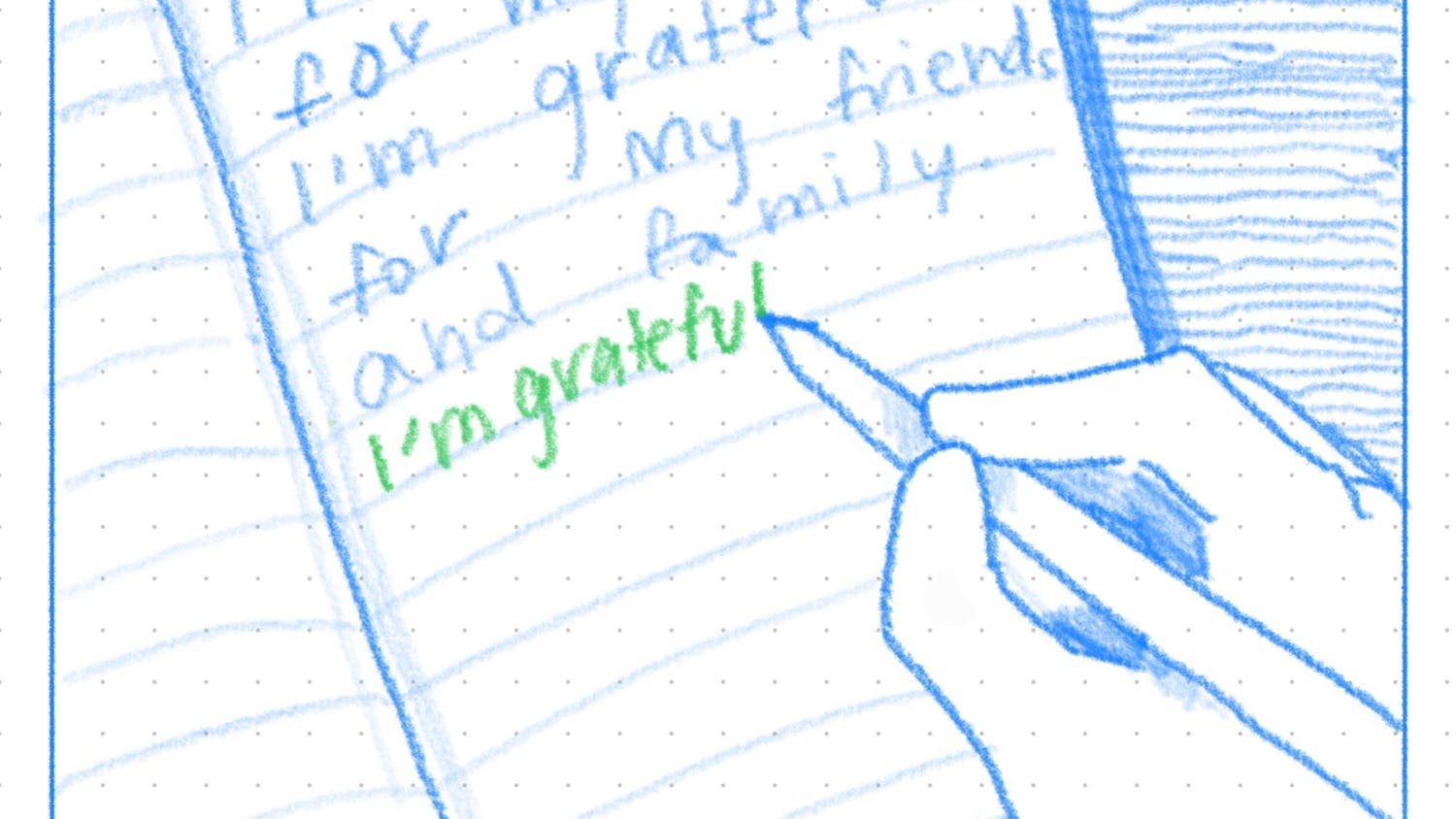Last month, the Texas Board of Education approved of a series of curriculum changes in the social sciences for public elementary, middle and high school programs. These changes will lay out a set of guidelines for textbook publishers that may affect a larger demographic than just Texas students, as the state is one of the largest purchasers of textbooks in the country.
The "conservative stamp" of these new guidelines reflects perfectly the skewed ratio of Republican and Democratic members on the Board — the proposed curriculum now emphasizes the superiority and importance of American capitalism, questions the secularism of the Founding Fathers' ideology and diminishes societal responsibility for issues such as dating violence, drug use and eating disorders. The Board diverged from local educators' views of public education laid out earlier in March.
While much of the nation has been concerned about the dominance that the Republican majority has on the 15-member board, I have a much more fundamental question to ask of the Texas education system: Why must it be the case that the Board is polarized politically in the first place?
The Board of Education is the elected overseeing body of the Texas Education Agency, a branch of the state government responsible for public education. The board members, who have the ultimate say in what should be included in elementary, middle and high school curricula, are elected to their positions. There seem to be no real requirements for them to qualify to run as candidates — no members of the Board have any professional background in history, sociology or economics.
I hope readers are not offended when I say that this is one terrible institution — it's a little too 1984 for me to endorse. Perhaps the electoral process of the Board is a noble manifestation of the ideals of democracy — but when the elected board members consist of mostly lawyers and one dentist who would ignore the advice of educators in making decisions about education, I question the validity of a democracy whose voters seem confused about whom they should be voting for.
I find it hard to get my head around the profound degree of politicization infiltrating what should not be political. This public education system, I realize, is effectively monitored by a body that is politicized and bifurcated between conservatives and liberals, Republicans and Democrats. For something so fundamental and necessary to any society, such a high degree of intrinsic controversy can be dangerous. Revisionism is occurring at the hands of those who lack knowledge and expertise but make up for these deficiencies with political party support. The real decision-makers are not those who are educators or professionals in academic fields, and this makes me anxious.
Throughout the course of our liberal college education, we are taught that all social sciences are subjective, that there will always be different opinions and that no writer can ever escape the influences and barriers that society and politics have placed on him or her. We begin to read texts more critically but with a more open mind, trying to assess the writer's context along with the content. We know now that any occurrence in our world is affected as much by individuals as by the societies that shape them. It is ultimately up to us as individual intellectuals and learners to decide what our view of our society should be.
We cannot possibly, however, expect a younger and untried audience to do the same.More likely than not, a textbook with standardized material is what will be taken at face value for those learning its content for the first time. While we cannot train young students to recognize all possible biases and controversies in our society, they are at least owed the opportunity to be exposed to a curriculum composed by nonpartisan experts. Education should not be clouded by political affiliation, and neither should its administration.
When the world decides to look into what the United States is and has been all about, it is the books that Americans have written about themselves that others will turn to. The Texas Board of Education's arbitrary rewrites and politically-driven educational revisionism are sure to retract from the understanding of the American nation as accepting and progressive if there is not a real guarantee that younger generations can learn freely without the taint of ideological incoherence.
It would be nice to see at least some agreement from the ever-warring political factions in this country — for the children, and for the future. It might mean that lawyers and dentists swallow their proud political affiliations for the time being, but I trust they will find a place for their views in the discussion of environmental issues.
Sarah Yu '11 is an international relations and history concentrator from Sydney, Australia. She can be reached at xia_yu (at) brown.edu.




